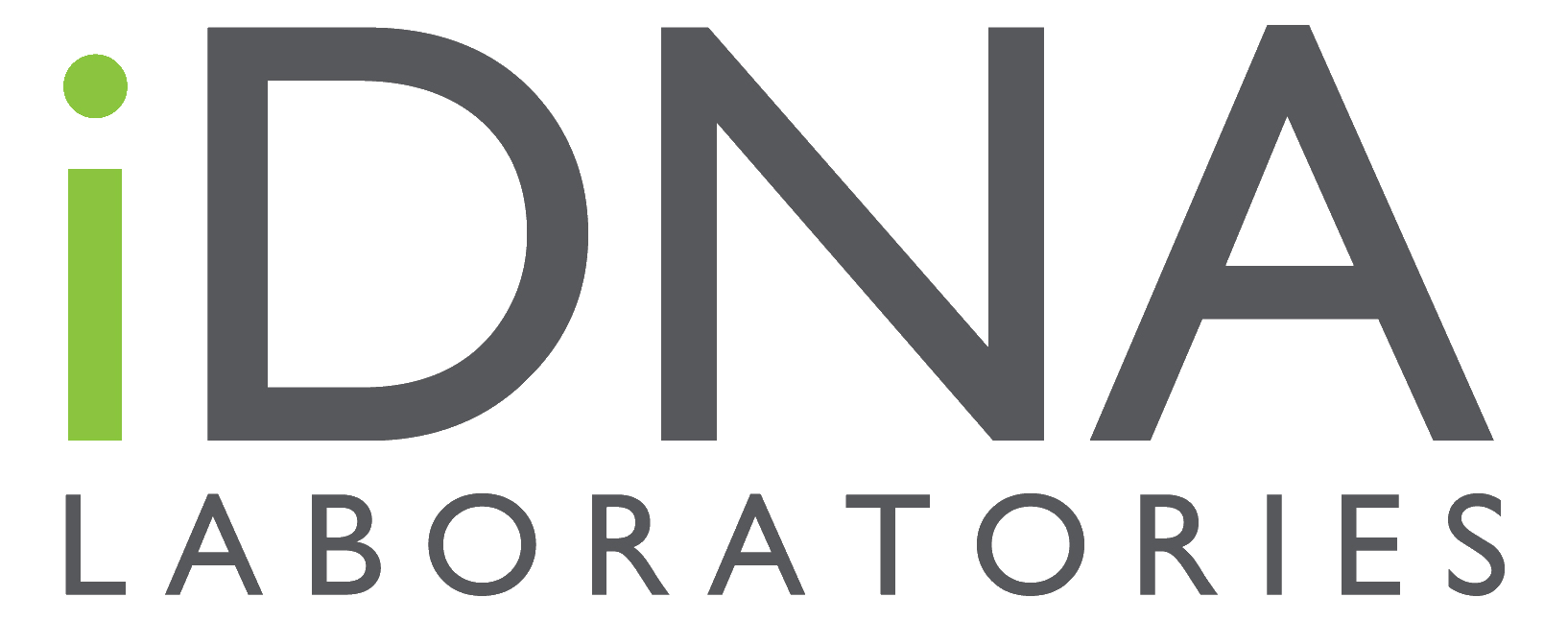
Contact us

iDNA Laboratories is a genetics company, based in Greece, active in the field of Precision Medicine and aiming to personalize health care.
ΓΕΜΗ 157439801000
© Copyright – iDNA Laboratories | Developed by ADS Solutions
Who is iDNA NutriGenetix a useful tool for?
Individual differentiation
Current global and national dietary guidelines are based on population-based estimates of required intakes. However, there is considerable variation in how individuals respond to the same nutritional stimuli and this is recognised by recommendations tailored to age, gender or situations such as pregnancy.
However, recommendations may not equally meet the needs of all individuals in terms of optimising health and reducing the risk of disease. The science of Nutrigenetics has in recent years highlighted the concept of Individualised Nutrition, where dietary recommendations take into account variation between individuals, tailoring diets to their unique genetic background.
Increased adherence to diet plan
Nutritional analysis is the most powerful motivator for adherence to a proposed diet plan and behaviour change, especially when the intervention provides actionable recommendations based on individual characteristics.
Moreover, Personalised or Precision Nutrition is more relevant to the needs of the individual and is more likely to receive more attention, thus increasing the impact of the information and the individual's sense of engagement.
Early prevention of diet-related diseases
The presence of genetic variations in DNA makes individuals unique from others in terms of their phenotype and their response to nutrients, as well as their susceptibility to disease
It is now known that some diets may regulate genes to help maintain health, while others act as a potential disease predisposing factor.
Nutrigenetics uses the biology of food systems to detect early susceptibility to diseases that change in response to diet. Thus, based on knowledge of the genotype, personalized dietary recommendations can be made for optimal health and prevention of diet-related diseases.
Effective management of diet-related diseases
Current methods of disease management start with the diagnosis of disease, which usually involves identifying symptoms or biomarkers such as elevated plasma cholesterol. Treatments in the form of nutritional counselling are often generalised, i.e. essentially 'one size fits all'. This approach has been relatively ineffective in disease management, in terms of public health recommendations that have not resulted in any appreciable benefit to the individual or due to lack of compliance with treatment.
However, moving to a more personalised strategy in the management of diet-related diseases seems more effective.
This is due not only to the patient's increased adherence to the proposed plan, but also because of the patient's different response to dietary elements related to the disease, e.g. salt and hypertension.
Pilic, Pedlar & Mavrommatis, 2016; De Roos & Brennan, 2017; Horne et al., 2018
The view of Dietitians - Nutritionists in Greece on Nutrigenetics
81%
Believe that implementation of Nutrigenetics could improve their practice
82%
Would be interested in Nutrigenetics training
*The survey was conducted in collaboration with the University of Thessaly and the National Research Foundation and has been submitted for publication.